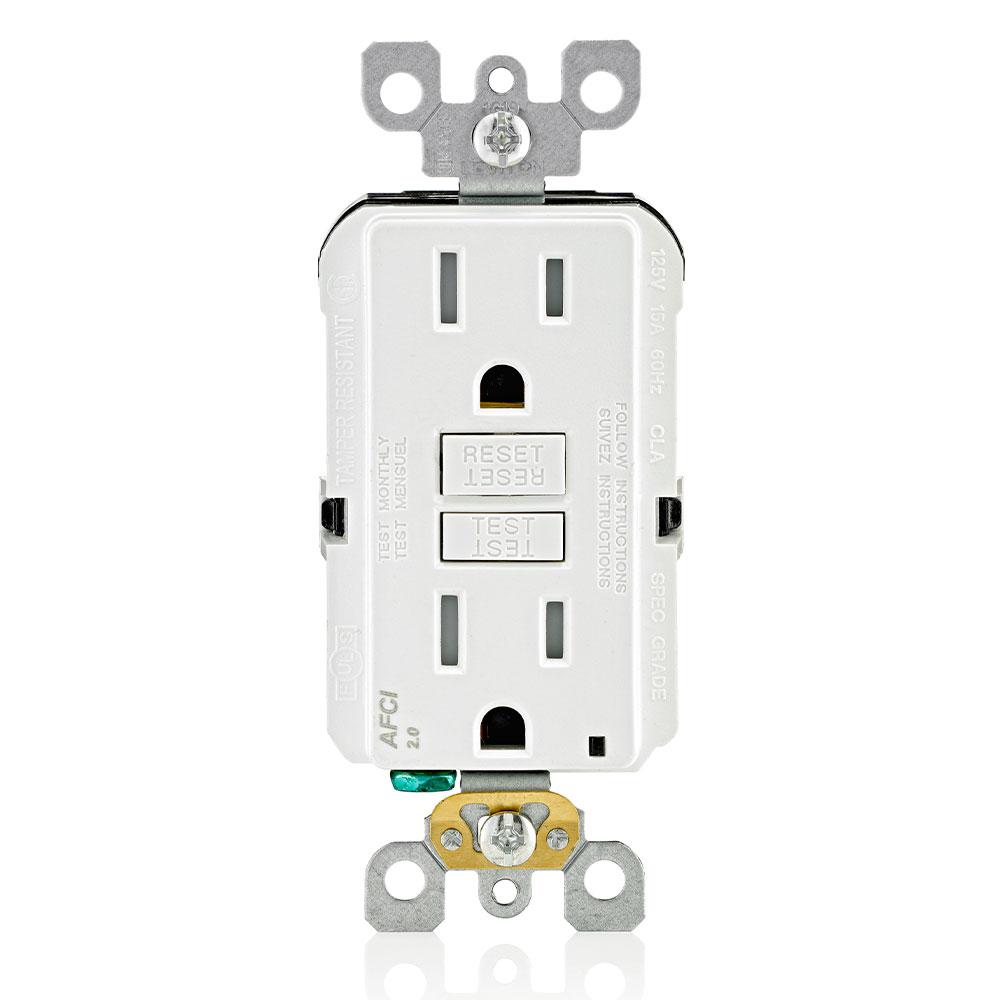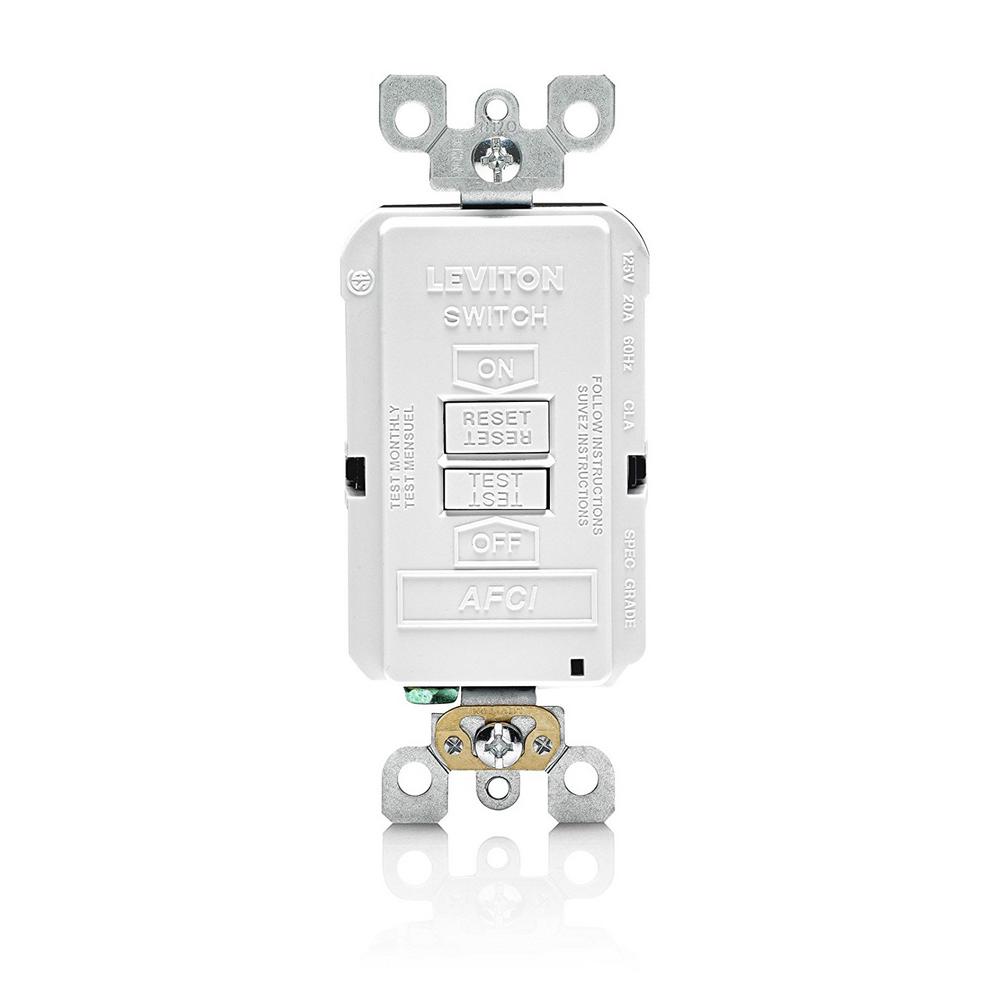 |
|
 11-20-2019, 06:07 PM
11-20-2019, 06:07 PM
|
#21
|
|
Mini-Skoolie
Join Date: Jun 2019
Location: Marana Az the town
Posts: 67
Year: 77
Coachwork: Gillig
Engine: 855 Cummins big cam
Rated Cap: single axle
|
Many travel trailers and mobile homes are wired in NM (Non Metallic sheathed cable, "romex") solid wire and are knocked around a good bit in travel and wind loads. Boats are subject to shock loads as they hit waves and come off of waves at the bottoms of them. Stranded wires make some sense in ships. If buses and mobile homes were subject to the same kinds of shock loads as boats stranded wires only would make some sense. The VAST majority of rings and forks I have seen installed on stranded wires by DIY'ers were an abomination. If you do your make ups correctly at devices and light fixtures and so on and leave some extra wire in the box with the device to act as a shock absorber, your connections with solid wire are going to last a long time. See here in my panel the loops of wire, both so I can move things around if need be in the future, and to absorb vibration. I have been wiring up every kind of device and equipment known to man for 35 years and I know what works. Tight connections under the screw of a quality device hold up.
|

|

|
 11-20-2019, 07:07 PM
11-20-2019, 07:07 PM
|
#22
|
|
Bus Crazy
Join Date: May 2018
Location: topeka kansas
Posts: 1,778
Year: 1954
Coachwork: wayne
Chassis: old f500- new 2005 f-450
Engine: cummins 12 valve
Rated Cap: 20? five rows of 4?
|
marine wire and airplanes and off road....
Marine wire is multi strand and I think intended to flexible with out breaking... I think marine wire is tinned copper... corrosion resistance. More wires the gage than stuff that might be used in stuff like radio/stereo/home electronics. Crimp vs solder and why not solid stranded wire.
I used to solder things like ring terminals and stuff. I dont anymore. If the people flying airplanes say dont do it.... I quit doing it. I have some of my stuff on cars from thirty years ago. I have not seen a failure in any of the soldered joints. But I can see how vibration could fatigue soldered connections.
I will crimp, pull hard as I can on the connector. I will also use flexible heat shrink tubing on the crimp end of the fitting, 1) to do the job of strain relief 2) try to keep moisture out of the joint for long term protection of the wire.
I have modified how I do wiring on road going vehicles from soldered joints to crimp joints to crimp and flexible heat shrink. I consider the heating and cooling cycles and vibration of air planes to be a fairly severe enviroment for wiring and will play copy cat. I do use tinned marine wire.. it is more expensive and think I am doing a better way.
In the bus I am trying to keep as much of the wiring inside the bus as I can. just to protect wires from salt spray/ water corrosion. some types of connectors are better than others.... I kinda like the GM weather pack connectors but dont always use them... At one time, I had three or four different "systems" of connectors, depending if I was making a toyota based computer wiring harness, GM engine management harnesses, or generic stuff .
william
|

|

|
 11-20-2019, 07:20 PM
11-20-2019, 07:20 PM
|
#23
|
|
Bus Crazy
Join Date: Apr 2019
Location: SW USA
Posts: 2,064
Year: 2003
Coachwork: IC / Amtran
Chassis: CE300
Engine: International T444e
Rated Cap: 23
|
Quote:
Originally Posted by wireguy

Boats are subject to shock loads as they hit waves and come off of waves at the bottoms of them. Stranded wires make some sense in ships. If buses and mobile homes were subject to the same kinds of shock loads as boats stranded wires only would make some sense.
|
You never rode in our bus 
Seriously though, as to the rest of your post, great stuff again. Thank you!
__________________
Go away. 'Baitin.
Our Build: Mr. Beefy
|

|

|
 11-20-2019, 07:44 PM
11-20-2019, 07:44 PM
|
#24
|
|
Bus Geek
Join Date: Nov 2016
Posts: 2,775
|
yes I think marine best practices are better for mobile use than stationary standards
|

|

|
 11-20-2019, 09:39 PM
11-20-2019, 09:39 PM
|
#25
|
|
Bus Crazy
Join Date: Feb 2015
Location: Cincinnati, Ohio
Posts: 1,001
Year: 2000
Coachwork: Blue Bird
Chassis: International
Engine: TE 444
Rated Cap: 12
|
Wireguy, why do hate receptacles with clamps? Every circuit breaker I have seen has a clamp to attach the wire so why not a screw clamp on the receptacle?
|

|

|
 11-21-2019, 12:02 PM
11-21-2019, 12:02 PM
|
#26
|
|
Mini-Skoolie
Join Date: Jun 2019
Location: Marana Az the town
Posts: 67
Year: 77
Coachwork: Gillig
Engine: 855 Cummins big cam
Rated Cap: single axle
|
Circuit breakers don't get moved around like receptacles do. When we plug in and un-plug from a receptacle me twist it around a bit. I have done TONS of diagnose and repair through a long career as a service electrician. I have seen lots of failures at clamps on devices. I try whenever possible to bypass the clamps (when I am faced with them) and get my wire directly under that screw head. Usually when you see a failure at a clamp on a circuit breaker it is because the clamp was never tightened correctly and/or the wire was never solidly under the screw. Still, circuit breakers don't get pushed around like devices do. The majority of failures at devices I have seen were "back stab" connections, next would be clamp connections, with wires properly terminated under a screw on a reasonably good quality device a distant third. Loose connections, ANYWHERE in a circuit, is what starts fires. That looseness creates arcing which is like a miniature arc welder. I once had a collection of devices that had huge portions of the device, some of them big frame circuit breakers, that were simply vaporized by arcing. I had one receptacle that did start a fire while these people were at church. A neighbor spotted the smoke and put the fire out. Tight connections are EVERYTHING in electrical circuits. I don't believe for skoolie purposes that stranded wire with crimped on ends is any better than a quality device with a properly terminated solid copper wire.
|

|

|
 11-21-2019, 12:25 PM
11-21-2019, 12:25 PM
|
#27
|
|
Bus Crazy
Join Date: Jun 2013
Location: Picton,Ont, Can.
Posts: 1,956
Year: 1997
Coachwork: Bluebird
Chassis: GMC
Engine: Cat 3116
Rated Cap: 72
|
Awesome postings recently wireguy, bang on folks!
He has seen everything he is talking about and so have I. bad electrical installations create a firetrap.
Bus useage I like bx where possible, your home runs etc, and well strapped in place but still able to accept the bus vibrations running or otherwise.
People using it a bit here but shudder at some installations using heavier armored cable for service entrance or solar installs.
Bx properly installed is my way to be safe if mechanical damage to the cable itself probable.
Thanks again wireguy, great info for the folks here.
__________________
Question everything!
|

|

|
 11-21-2019, 12:45 PM
11-21-2019, 12:45 PM
|
#28
|
|
Mini-Skoolie
Join Date: Jun 2019
Location: Marana Az the town
Posts: 67
Year: 77
Coachwork: Gillig
Engine: 855 Cummins big cam
Rated Cap: single axle
|
Something to be aware of, an electrical arc will NOT be opened by a circuit breaker. Short circuits and ground faults where huge volumes of current are flowing will open, but arc faults actually draw very little current through them and will just sit there and generate heat until the point is reached at which any flammable material seeing that heat reaches it's ignition threshold. There is a new kind of circuit breaker out called an arc fault breaker that uses solid state electronics to detect arcing, but they are way susceptible to false tripping and aren't very reliable. They are a fantastic idea and I hope the electronics get sorted out to where they don't nuisance trip so much because like GFI electronics, they will save lives. Vacuum cleaners use a brush type motor, which IS electrical arcing. Guess what happens every time you start your vacuum cleaner on an arc fault circuit breaker?
|

|

|
 11-21-2019, 03:28 PM
11-21-2019, 03:28 PM
|
#29
|
|
Bus Crazy
Join Date: Feb 2012
Location: Salt Lake City Utah
Posts: 1,635
Year: 2000
Chassis: Blue Bird
Engine: ISC 8.3
|
If anybody is interested in adding arc fault protection to their bus: it may be useful to know that circuit breakers are not the only way to get it. Arc fault interrupters are available in a receptacle form just like we're accustomed to seeing for GFCI. They're also available in a "blank face" form which is the same size and shape as the receptacle style but doesn't have the holes for inserting a plug. Dual-function AFCI/GFCI are also available.
Here are a couple examples found on Home Depot's web site.


|

|

|
 11-22-2019, 11:34 AM
11-22-2019, 11:34 AM
|
#30
|
|
Mini-Skoolie
Join Date: Jun 2019
Location: Marana Az the town
Posts: 67
Year: 77
Coachwork: Gillig
Engine: 855 Cummins big cam
Rated Cap: single axle
|
I don't think these were on the market yet back when I retired, 5 years ago. I'm pretty sure these are going to, like arc fault circuit breakers, contain both arc fault and ground fault protection.
|

|

|
 |
|
| Thread Tools |
|
|
| Display Modes |
 Linear Mode Linear Mode
|
 Posting Rules
Posting Rules
|
You may not post new threads
You may not post replies
You may not post attachments
You may not edit your posts
HTML code is Off
|
|
|
|
 » Recent Threads
» Recent Threads |
|
|
|
|
|
|
|
|
|
|
|
|
|
|
|
|
|
|
|
|
|
|
|
|
|
|
|
|
|
|
|
|
|
|
|
|
|